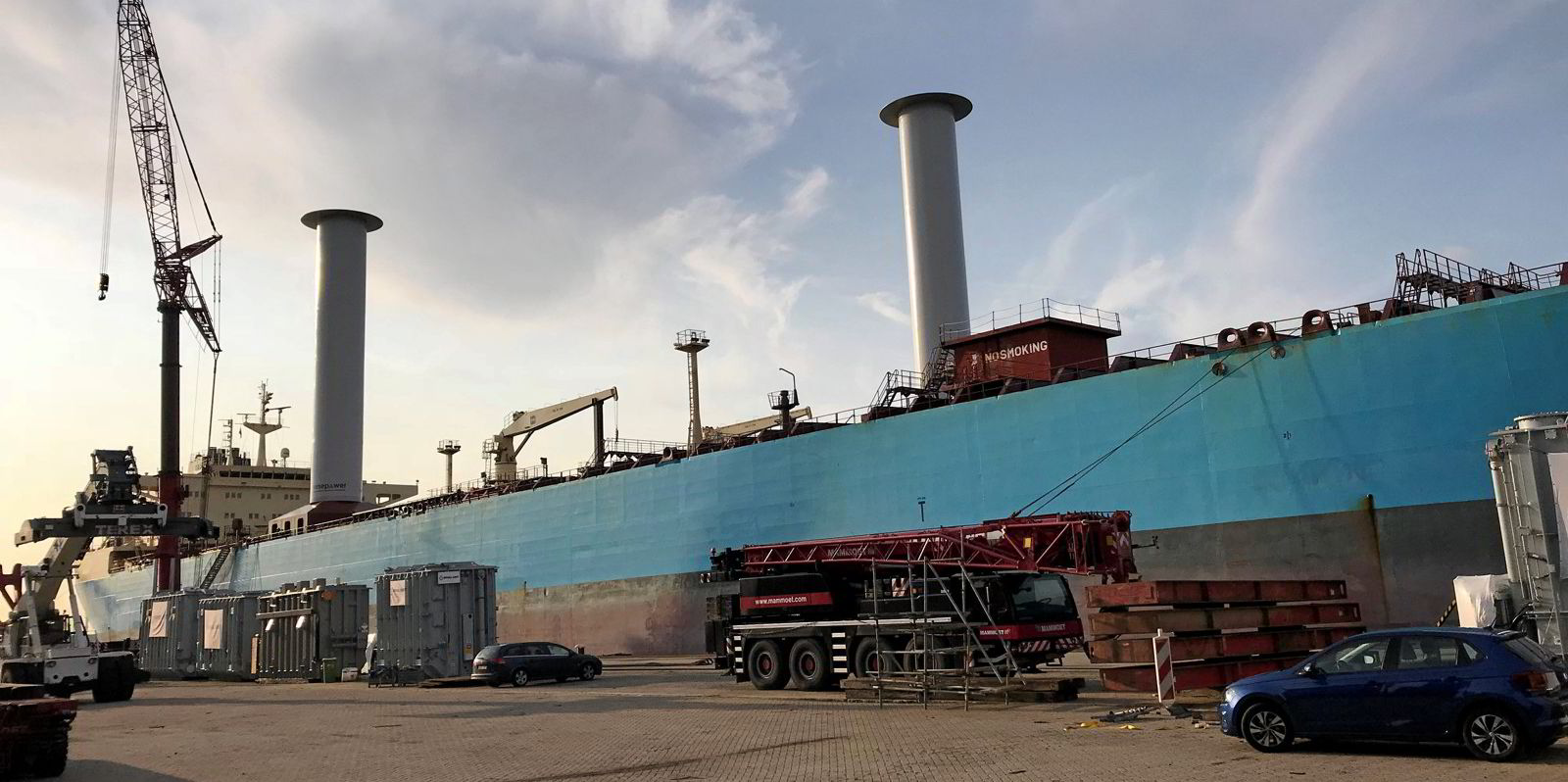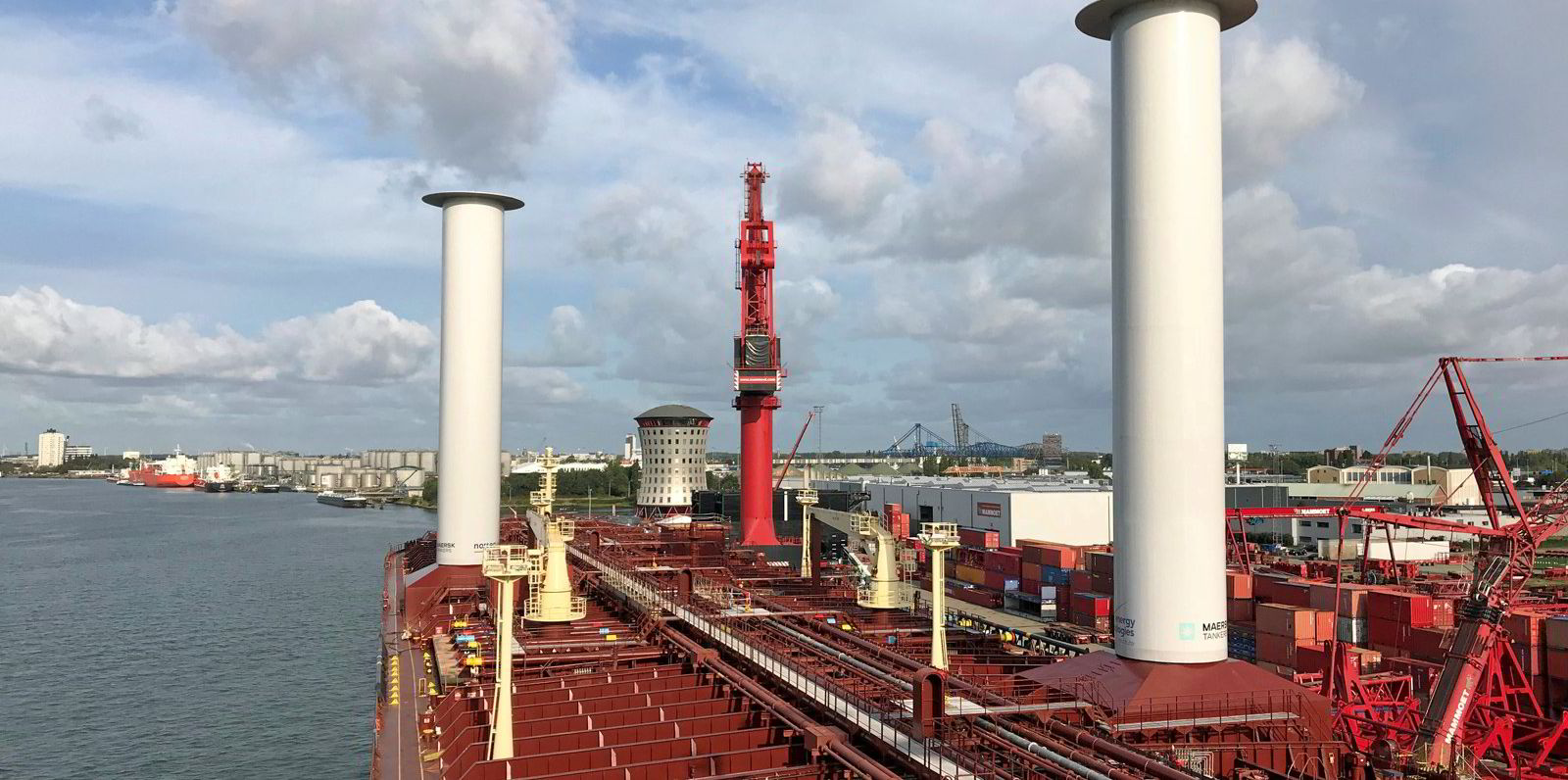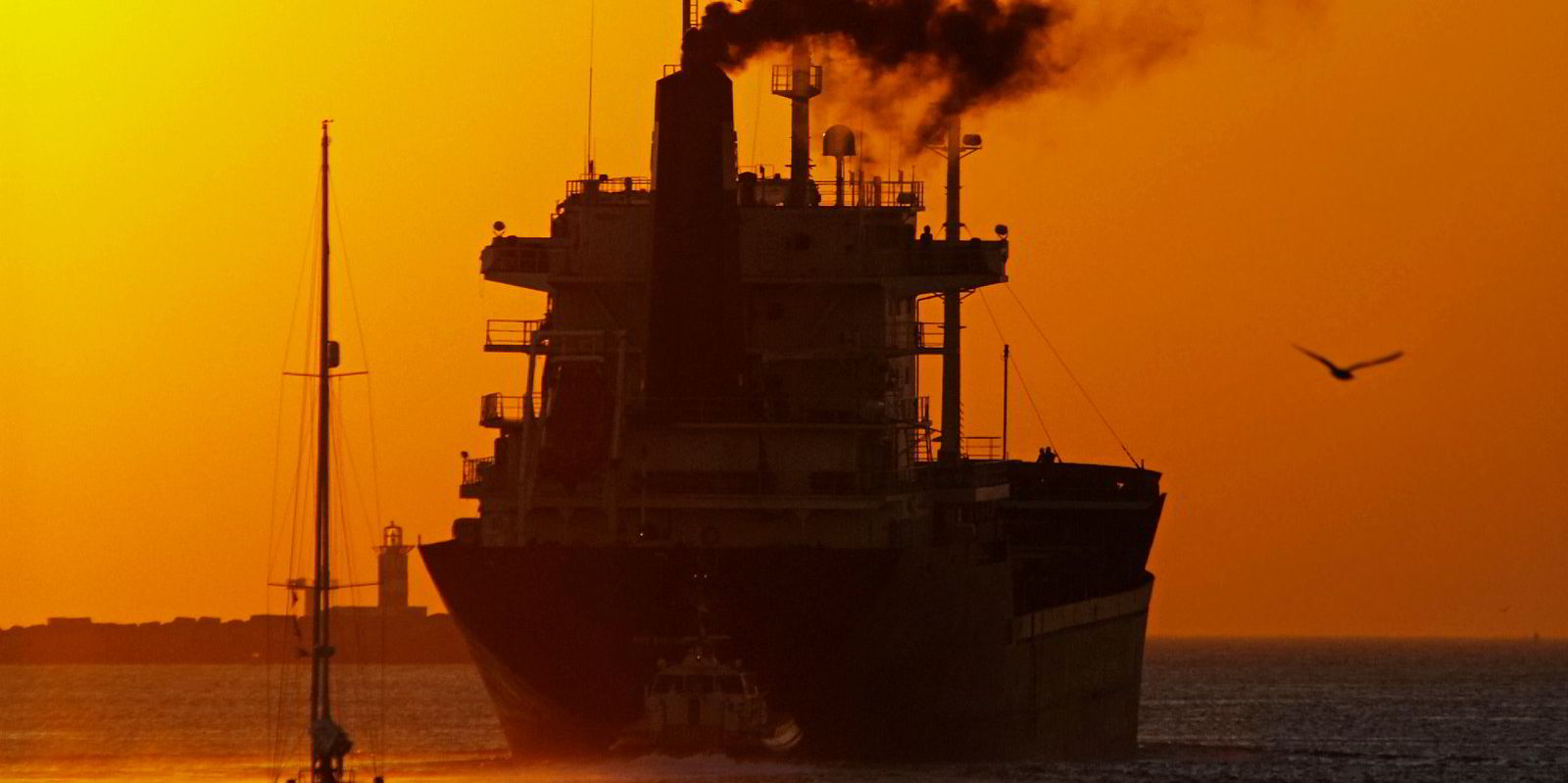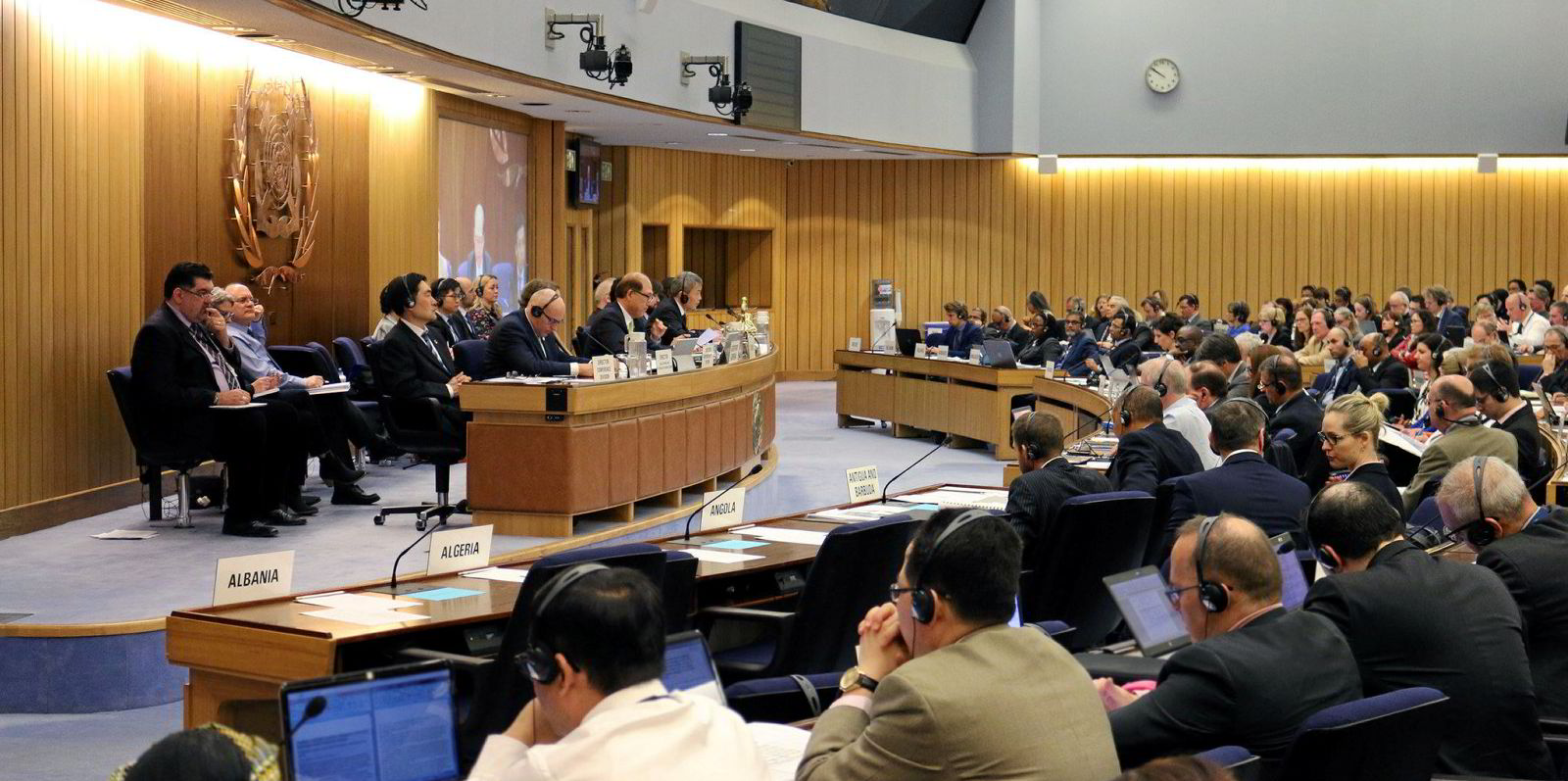Shipbroker Galbraiths forecasts that upcoming efficiency and emissions standards for existing ships will likely have an impact on the supply of tonnage in the tanker and bulker markets.
The pressure on supply is likely to result from lower average operating speeds and possibly increased demolition as the result of the Energy Efficiency Existing Ship Index (EEXI).
Under the new International Maritime Organization standards, vessels will have to comply with new efficiency and emissions standards that are around a 15% to 20% improvement on historic standards set out in a 2008 baseline. The new regulation will likely be enforced from 2023.
In a new report looking into the potential impact, Galbraiths estimates that only around 28% of tonnage in the MR to VLCC size ranges of the tanker market complies with the required EEXI standard.
Under the regulation, non-compliant vessels will have to make improvements to continue to trade.
However, there are wide variations within tanker types. Because of the comparatively young age of the MR tanker fleet, Galbraiths said there is a high proportion of vessels in compliance compared to the older suezmax fleet.
It is a similar picture in the dry bulk markets, where most older vessels will be required to improve efficiency and emissions performance.
Around two-thirds of the tanker and bulker market is expected to be impacted by the regulation.
“Amongst older vessels, and even those vessels only around 10 years of age, a significant majority do not currently appear to be operating at the required levels of carbon intensity that will be required under EEXI,” Galbraiths said.
The options left for shipowners to improve their EEXI rating include power limitation, which will also restrict the speed of vessels, adoption of energy-saving devices and using alternative low-carbon fuels.
In effect, lower speeds would reduce tonnage supply capacity while it could also encourage the operators of older tonnage to consider scrapping their vessels earlier than planned.
“It is therefore likely that vessel supply will be squeezed by vessels’ average speed reducing with vessels fitting engine power limit devices, an increase in dry docking and, for older tonnage, an increased incentive to scrap and for owners to look at fleet renewal,” Galbriaths said.






